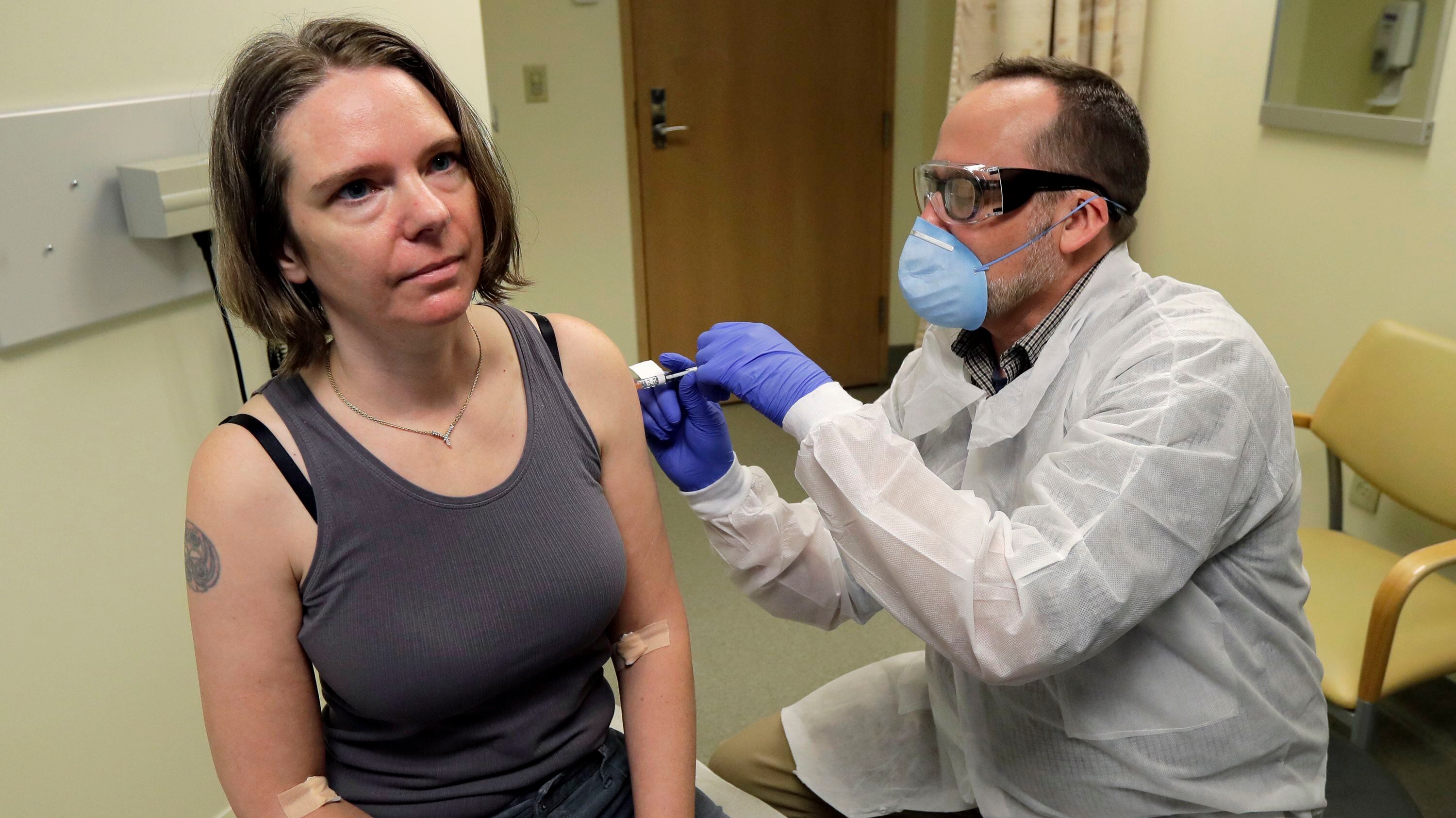From Wall Street to Silicon Valley, these are the top stories that moved markets and had investors, business leaders, and entrepreneurs talking this week on Cheddar.
MARKETS SEE-SAW
Stocks ended the week broadly higher on Friday after the Dow snapped a four-day run on Thursday when the weekly unemployment claims data showed a larger than expected gain for the week prior, and the S&P 500 gained for a third straight week. Economic data is all over the place: housing starts and building permits are up — an encouraging sign for the housing market. Consumer sentiment showed a surprise drop for the first half of July, as the increase in new coronavirus cases nationwide is once again leading people to pull back on the optimism for a "V" shaped recovery. That followed lagging data on June retail sales that showed a sharp uptick in spending as more businesses reopened.
PROMISING VACCINE TRIALS
Encouraging news on the COVID-19 vaccine front helped prop up markets, at least for the front half of the week. Moderna announced that Phase 3 trials for its coronavirus vaccine candidate will start later this month. It's the first biotech company to give a date for the critical trials, a sign that the drug appears to be working in early testing. Phase 3 will include 30,000 volunteers; it's the final phase before FDA approval, though it can take years in normal circumstances. However, a growing body of evidence suggests that coronavirus antibodies may not be permanent; that would jeopardize the distribution and implementation plan for any of the potential candidates: if patients need a second "booster" shot, that immediately doubles the amount of the drug that would need to be produced.
TWITTER HACK EXPOSES VULNERABILITIES
The FBI is now leading the investigation into the Twitter hack that compromised the accounts of more than 100 V.I.P. Twitter users, including Barack Obama, Elon Musk, and Jeff Bezos, and sent the service into chaos for several hours Wednesday and into Thursday. All that's known for sure is that someone got access to a Twitter employee's credentials, which allowed them to control most Twitter accounts for a period of some hours. It's still not known whether any Twitter employees were complicit, or if they were tricked into handing over their information (Twitter says it appeared to be a victim of a "social engineering" hack). Twitter shares sunk on the news but had mostly recovered by week's end.
NETFLIX DISAPPOINTS THE STREET
Netflix reported an astonishing 10 million new subscribers were added in the second quarter — and its stock sank 12 percent (other tech stocks have also begun to steady after seeing huge runs in recent weeks). On Wall Street, where it's all about what's next, Netflix investors reacted negatively to the streaming giant's guidance for Q3: 2.5 million new subs expected, or less than half of what analysts had predicted. With film and TV production essentially shut down, Netflix saw an incredible 92 percent increase in operating income on 25 percent revenue growth. But the company missed on earnings-per-share and warned that growth could slow as more facets of the economy reopen. It also acknowledged a new competitor in the marketplace: TikTok, the Chinese-owned social media phenomenon that's been the focus of renewed privacy and national security concerns from the government. Netflix's programming whiz Ted Sarandos has been promoted to co-CEO alongside Reed Hastings.
FREE BIRD
Netflix has another new competitor, too. NBCUniversal's Peacock launched wide with a catalog of 20,000 hours of content, including binge-favorites like 30 Rock, Parks & Recreation, and Everybody Loves Raymond. Comcast's NBCU is zigging while other media giants zag with their streaming offerings. Peacock is mostly free and ad-supported, though a premium tier is available for $5 a month (free for some Xfinity cable subscribers).













